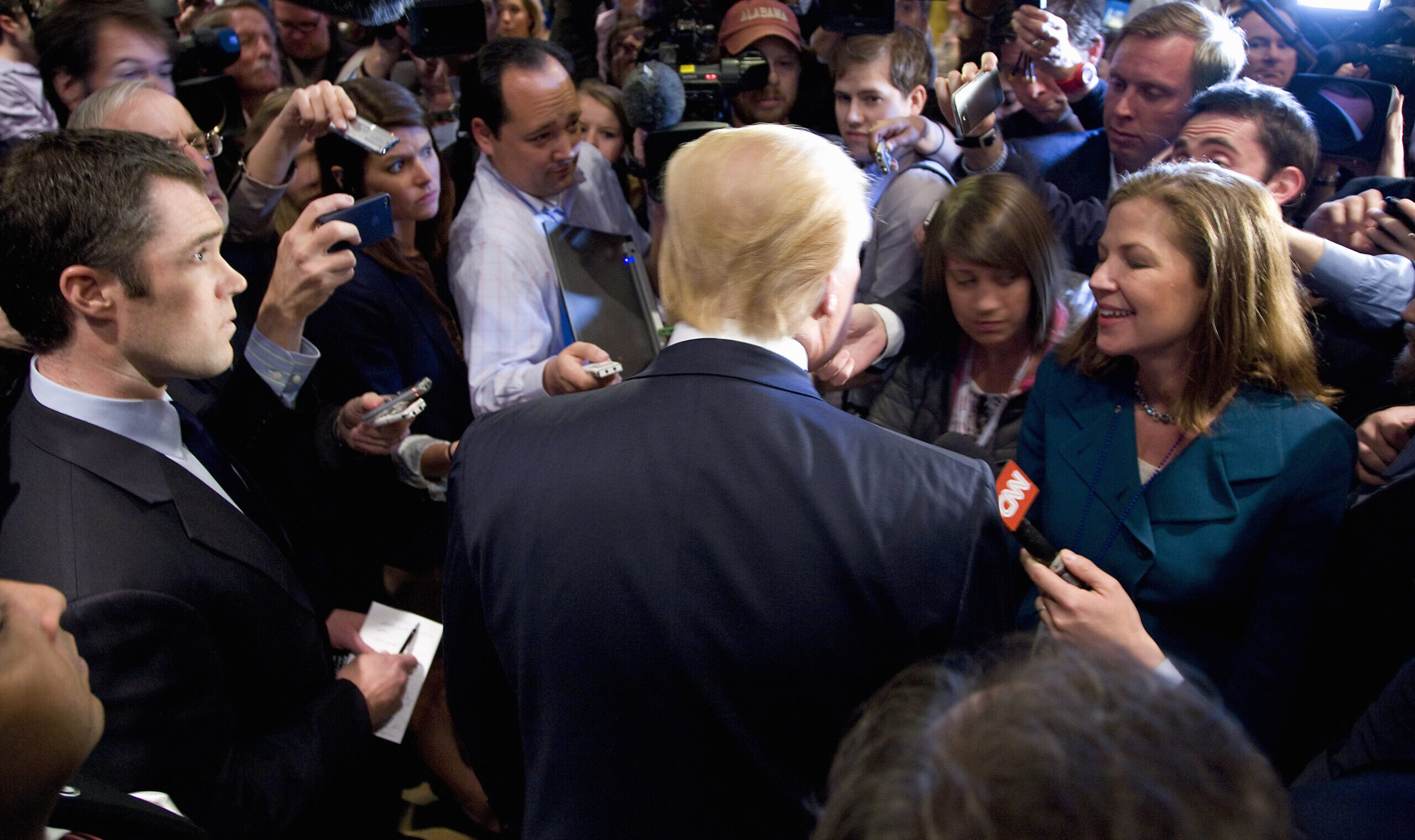


Loading the Elevenlabs Text to Speech AudioNative Player...
By some measures, these have been the most successful weeks of President Donald Trump’s second term. He has achieved his biggest legislative victory, securing substantial immigration enforcement funding without an accompanying amnesty and averting an across-the-board tax increase neither the economy nor the Republican congressional majorities were likely to withstand.
Trump also scored his biggest win yet at the Supreme Court, limiting the nationwide injunctions by district courts that have vexed his administration. His military strikes against Iran have yet to produce Iraq War 2.0, and the ceasefire between Israel and the Islamic Republic has so far held. NATO members are boosting their defense spending commitments. The stock market has even come to terms with the uncertainty behind the Trump tariffs, with investors seeing trade deals rather than trade wars as the ultimate point.
At the same time, it doesn’t feel like success to some who voted for Trump in order to bring to life a new Republican Party different from what the country has seen for most of the past quarter-century. From growing debt to rumors of amnesty, they wonder if they fell asleep sometime after Election Day 2024 and woke up to George W. Bush’s third term rather than Trump’s second.
When the long knives came out for Bridge Colby, the undersecretary of defense for policy said to be behind the Pentagon pausing the transfer of some scarce munitions to Ukraine out of concern for American stockpiles, Trump said nothing publicly. Then he announced there would be further defensive weapons, as Russia continues to hammer Ukrainian territory.
The more relevant comparison than Bush the younger is Barack Obama. This might be surprising, since Trump has dedicated much of his political career to erasing Obama’s legacy (though the grudge match with Joe Biden takes greater precedence the second time around). Trump and Obama are inextricably linked, but mostly in a negative way.
One thing they both have in common, however, is their shared belief that foreign entanglement doesn’t store up national treasure, but spends it down. They specifically both believe that much, perhaps most, of what the United States has attempted to do in the Middle East over the past two decades has come to naught.
Not long after his own Iran adventure, Trump complained to reporters about Bush blowing up the Middle East while in office. Trump assigned poor marks to Obama’s presidency too, but on that much they would agree. It is hard to imagine either Obama or Trump being elected president if it weren’t for the folly of Iraq and their willingness to label the war a colossal mistake.
But here is the other thing they have in common. While both Obama and Trump want America to stop being the world’s policeman, in both cases there is a limit to how bad they are willing to let the neighborhood get. They want to shed the costs of hegemony and primary without giving up the perceived benefits of being the hegemon.
The costs of these contradictions under Obama were borne in Libya. For Trump, it is still early. He clearly understands the risks of an endless proxy war with Russia better than most in Washington, but is earnestly seeking an end to hostilities rather than simply cutting Ukraine off.
As a conservative, I held Obama to a higher standard than merely being better than the worst excesses of Bush-era neoconservatism; supporting him meant accepting setbacks and even defeat on so many other issues that he needed to be perfect on foreign policy. He was not.
I can therefore understand why antiwar progressives and libertarians feel the same way about Trump. But Trump and Obama are different from Bush in ways that matter, even if not different enough, and even if they have paved the way for the rise of advisers who would go further still.
Trump has always gotten a bad rap on Russia–Ukraine because of the Trump-Russia obsessions of the first term. It has been clear for some time that he wants a peace deal between the two countries and has been tougher on Vladimir Putin and Voldymyr Zelensky based on which leader seemed to be the greater obstacle to a negotiated settlement at the time.
To the extent that Trump has given Putin more leeway, it is because he is trying to wring concessions from the party currently winning the war. Russia has more leverage, while Ukraine is in effect a protectorate. But Putin’s continued aggression has finally exhausted Trump’s patience. Trump is now willing to try sticks rather than carrots, which has always been part of his diplomatic approach.
Whether Trump can still wind down this war by borrowing from Biden’s bag of tricks remains to be seen. But Biden and Obama, much less Bush, aren’t the names Trump wants to be associated with in history.
